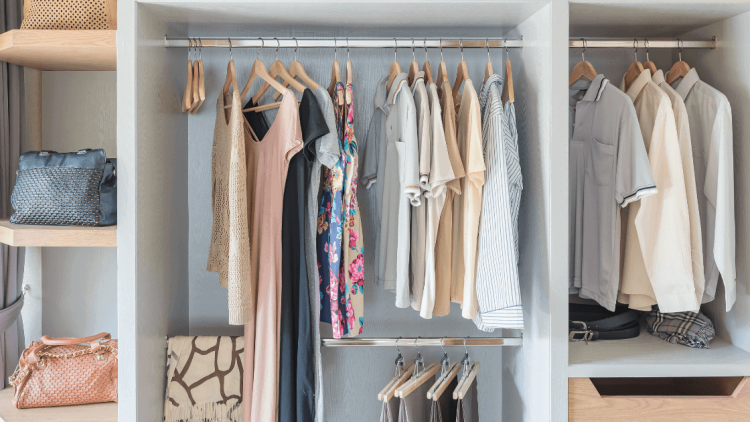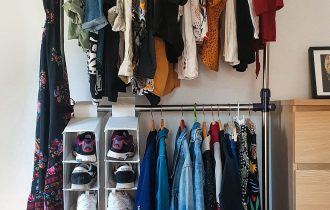Dressing for Success: The Psychology of Clothing and Personal Image
The way we dress goes far beyond merely covering our bodies; it is a powerful form of self-expression that influences how others perceive us and how we feel about ourselves. The psychology of clothing delves into the fascinating interplay between fashion choices, personal image, and the impact they have on our confidence and interactions with the world. This article explores the significance of dressing for success, the psychological aspects of clothing choices, and how we can leverage the power of our wardrobe to boost our self-esteem and create positive impressions.
The Psychology Behind Clothing Choices
Clothing is a visual language that communicates a myriad of messages to those around us. Our choice of attire can convey information about our personality, values, socioeconomic status, and even our mood. Studies in social psychology have shown that people make rapid judgments about others based on their clothing, forming impressions within seconds of meeting someone.
The phenomenon known as “enclothed cognition” suggests that the clothing we wear can influence our cognitive processes and behavior. When we dress in certain ways associated with confidence or professionalism, it can lead to changes in our thoughts and behaviors, aligning with the image we portray through our attire.
Dressing for Success: The Confidence Boost
The phrase “dress for success” has become a mantra in the professional world, highlighting the significance of clothing choices in the workplace. Studies have revealed that dressing professionally can enhance self-confidence and performance. When we dress in attire appropriate for a specific role or task, it sends a signal to ourselves and others that we are capable and competent.
The “enclothed cognition” effect is particularly evident in the “power dressing” phenomenon, where individuals wear clothing that exudes authority and confidence. This can be observed in business settings, where tailored suits and polished attire are often associated with leadership and influence.
Creating a Positive First Impression
First impressions are powerful and often lasting. In social interactions, the clothing we wear plays a significant role in shaping others’ perceptions of us. Research has shown that people tend to attribute positive qualities, such as trustworthiness and competence, to individuals who are well-dressed and put-together.
On the contrary, disheveled or inappropriate clothing can lead to negative impressions and affect interpersonal relationships. Understanding the impact of clothing on first impressions can be particularly relevant in job interviews, networking events, and important social gatherings.
Using Clothing as a Tool for Self-Expression
Clothing provides a canvas for self-expression, allowing us to showcase our individuality and creativity. When we dress in ways that align with our personal style and preferences, it fosters a sense of authenticity and self-awareness. The act of dressing becomes a form of self-care and self-discovery, empowering us to embrace our uniqueness and project it confidently to the world.
Fashion as a Mood Modifier
Clothing can also serve as a powerful tool for mood modulation. Studies have indicated that the colors we wear can impact our emotions and the emotions of those around us. For example, wearing bright colors can elicit feelings of happiness and optimism, while darker hues may convey a sense of seriousness or formality.
The concept of “dressing up” for special occasions or celebrations illustrates the way clothing can elevate our spirits and enhance the overall experience. Dressing in attire that reflects our mood or desired emotional state can help us project those feelings and connect with others on an emotional level.
The psychology of clothing reveals the intricate relationship between what we wear, how we feel, and how we are perceived by others. Our clothing choices can influence our confidence, alter our thought processes, and create lasting impressions on those we encounter. By understanding the impact of clothing on our psychology, we can harness the power of our wardrobe to boost self-esteem, project a positive image, and authentically express ourselves to the world. Dressing for success goes beyond fashion trends; it is a mindful practice that empowers us to embrace our identity and showcase our best selves to the world.










